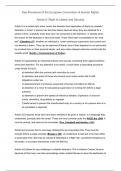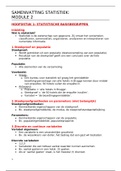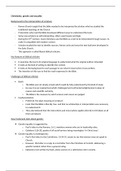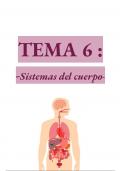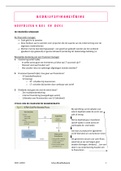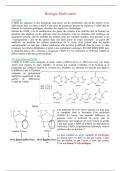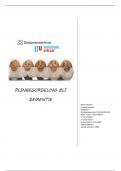Samenvatting
Summary OCR A Level Law: Human Rights Law
- Vak
- Instelling
Comprehensive All you need to know for the OCR A Level Law Paper 3, Section B: Human Rights Law from an A* Student All Cases and Legislation included and all substantive topics covered.
[Meer zien]
